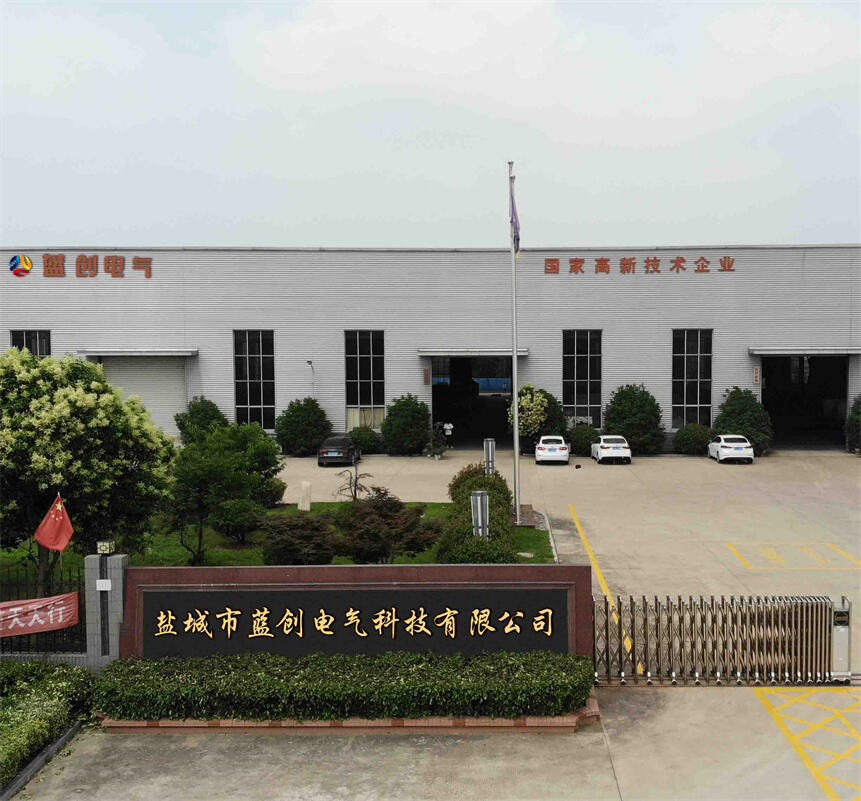|
Features |
Benefits |
|
Standard flange heaters: ½" to 42" pipe § |
Easy to install |
|
Diameters 0.260", 0.315", 0.375", 0.430" or 0.475", 0.625" § |
Easy to control |
|
150 lb, 300 lb, 600 lb or 900 lb forged steel flanges § |
Easy to maintain |
|
Steel, Incoloy®, inconel®, stainless steel, copper or titanium elements § |
Ideal for higher kW output applications |
|
Explosion and/or moisture resistant terminal housings (NEMA 1, NEMA 4, NEMA 4x or NEMA 7) are available upon request. § |
offers heater sizes to fit the application and installation |
|
Offers custom sizes, wattages and materials upon request. |
Designed and built for safety § |
|
Heaters are custom designed to your specifications. |
CE,Rohs certified |
Flange heaters allow the flexibility to use many different alloys to help resist corrosion and maintain the life of the flange heating element. Stainless steel flanges are commonly used for heating lubricating oils, heavy and light oils, waxes, as well as mildly corrosive liquids and low flow gases. They can also be used for tank immersion heaters. These flange heaters are used to handle soap and detergent solutions as well as demineralized or deionized water. Stainless steel flange heaters are used for mildly corrosive solutions as well as severely corrosive solutions. Food applications also use stainless steel heaters for health and hygiene. Sheathing materials used in flange heaters can be steel, stainless steel, copper, and heterogeneous alloys such as Inconel, hastelloy, and titanium. Extremely corrosive environments, such as salt water, should use heterogeneous alloys such as titanium to avoid sheath rupture over an extended period of time. Industries that use exotic alloys include the military, chemical and process industries. A flange heater uses bent tubular elements that are brazed or welded to the flange. It comes with an additional junction box to secure the electrical connections. Some heaters are already pre-fixed to the flange, but others can be welded to a matching flange mounted on the nozzle or tank wall. Lantronix offers flange heaters with different kW ratings, voltages, temperature ranges, sheath materials and more. Flange immersion heaters are one of the most widely used industrial heater options in the oil industry. They are easier to install than other oil heaters, designed for pressurized vessels, and easier to manage. Typical applications include preheating different grades of oil, tank cleaning and heat transfer. Contact us anytime for more information.
|
Additional Features |
Description |
|
VOLTAGE |
Flange heaters are customized for 220V/380V typical, or up to 600V. |
|
Wattage |
Customized heaters can be supplied in any desired wattage. |
|
Length |
The immersion length of the flange heater is unlimited and is mainly customized according to the dimensions of the vessel. Where the immersion length exceeds one meter, it is recommended that an internal vessel support be installed. |
|
Extra Thick Wall Sheathing |
Thick Wall Sheathing (0.8 or 0.065 inches thick) |
|
Flange heater applications |
Sheath material |
Flange material |
|
Water purification, freeze protection, hot water storage, boilers and water heaters, cooling towers |
Copper |
Steel |
|
Hot water, steam boilers, mildly corrosive solutions (in rinse tanks, spray washers) |
Incoloy |
Steel |
|
Oil, gas, mildly corrosive liquids, stagnant or heavy oil, high temperature, low flow gas heating |
Steel |
Steel |
|
Process water, soap and detergent solutions, soluble cutting oils, demineralized or deionized water |
Stainless steel |
Stainless steel |
|
Mildly corrosive solutions |
Stainless steel |
Stainless steel |
|
Strongly corrosive solutions, deionized water |
Incoloy |
Stainless steel |
|
Light oils, medium oils |
Steel |
Steel |
|
Food equipment |
Incoloy |
Stainless steel |

Our friendly team would love to hear from you!